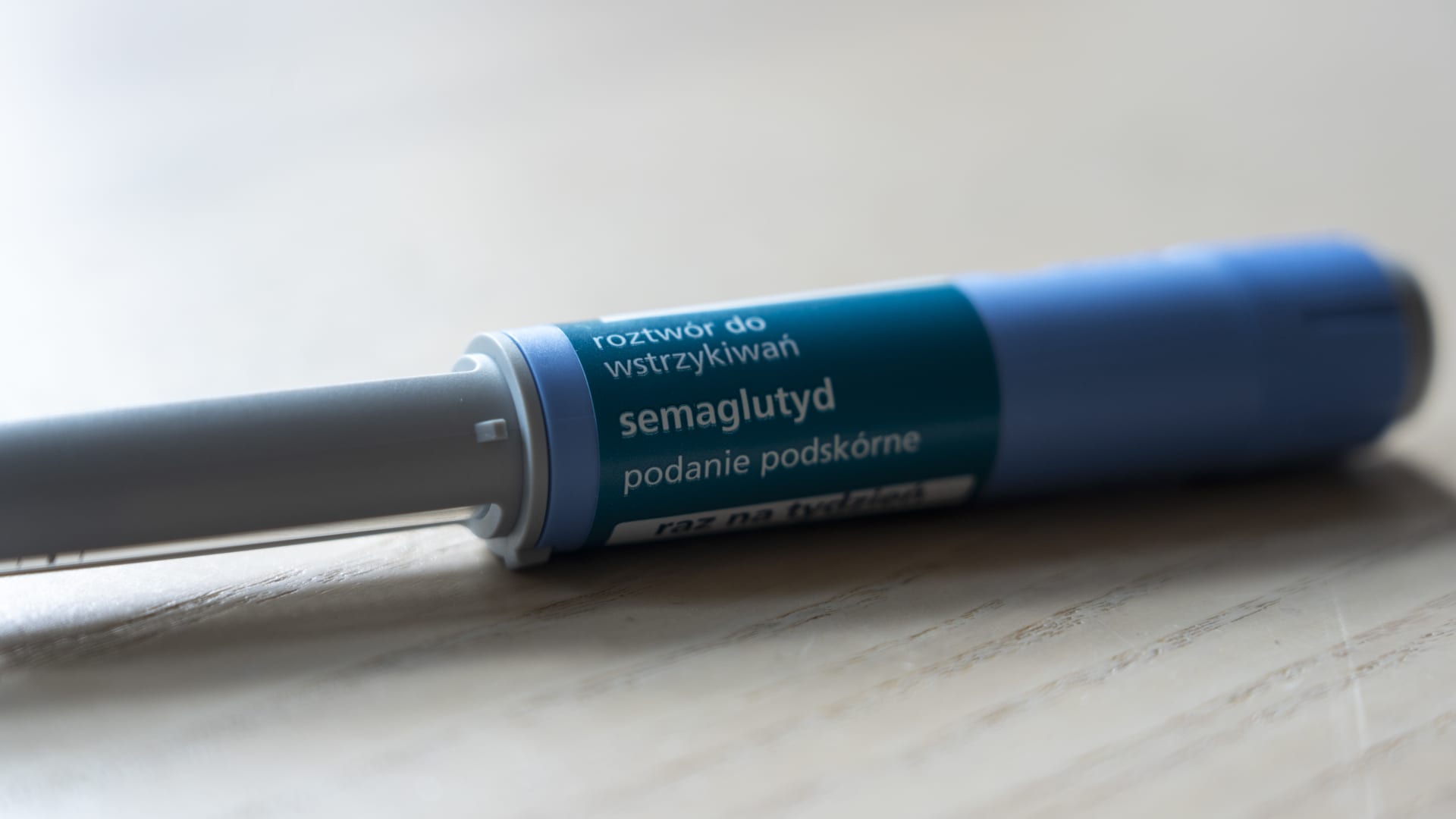Danish drugmaker Novo Nordisk has entered a new chapter in its 100-year history — thanks to its newfound success with two products: Ozempic and Wegovy.
The drugs are once-weekly injectables of a medication called semaglutide, prescribed for Type 2 diabetes and weight loss. Their skyrocketing popularity has boosted Novo Nordisk to new heights.
Novo Nordisk’s share price has more than quadrupled in the past five years, making it Europe’s most valuable company by market cap.
“It’s clear that nobody had expected that it would be taking off this quickly,” said Novo Nordisk CEO Lars Fruergaard Jørgensen in August. “We all along knew that obesity was a serious chronic disease also when most others did not see it like that. So we knew we were onto something big.”
In 2018, the first full year with Ozempic on the market, Novo Nordisk’s net sales were 111.8 billion Danish krone, or $17.7 billion, using an average exchange rate at the time.
In the last three months of 2022, U.S. health-care providers wrote more than 9 million prescriptions for Ozempic, Wegovy and other diabetes and obesity drugs, according to analytics firm Trilliant Health.
Ozempic accounted for more than 65% of total prescriptions as of the end of 2022.
And it was only up from there: In the first six months of 2023, sales of Ozempic and Wegovy rose by 58% and 363%, respectively.
“There has not been any performance near what we’ve seen over the last year or two,” said Jared Holz, health care sector specialist at Mizuho, adding that semaglutide alone could be worth up to $300 billion annually over time.
Semaglutide falls under a drug class called GLP-1 agonists, which mimic GLP-1 receptors in the body and produce more insulin, helping to lower blood sugar levels and decrease appetite.
Novo Nordisk’s treatments are not the only GLP-1 treatments available, but they are the only semaglutide products currently on the U.S. market, as the company holds a patent until 2032.
Eli Lilly has developed its own GLP-1 drug, tirzepatide, marketed as Mounjaro, and other companies, such as Pfizer, are creating their own injectables. Mounjaro is not yet approved by the Food and Drug Administration.
Watch the video to learn more.
